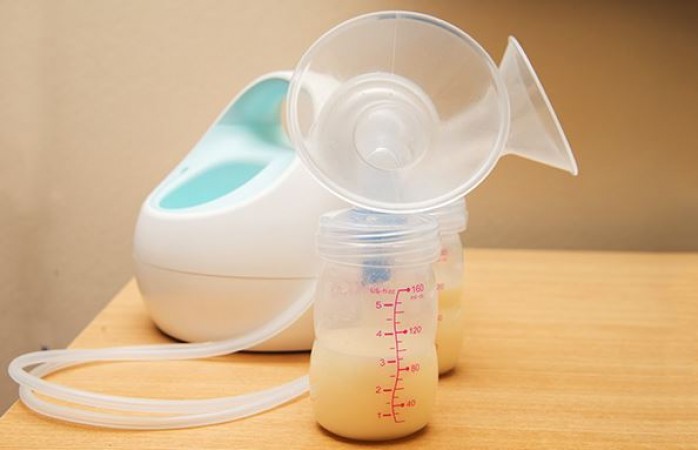
Breastfeeding is a vital aspect of infant care, and new mothers often face numerous questions and myths about how to manage it effectively. One common question is whether using a breast pump can actually increase milk production compared to direct breastfeeding. This article delves into this question, explores related myths, and provides evidence-based insights to help new mothers make informed decisions about their breastfeeding journey.
Understanding Breastfeeding and Breast Pumping
Breastfeeding is the traditional method of feeding infants, wherein the baby directly suckles from the mother’s breast. This method has several benefits, including fostering a strong emotional bond between mother and baby, providing essential nutrients, and enhancing the baby’s immune system.
Breast Pumping, on the other hand, involves extracting milk from the breast using a mechanical pump. This milk can then be stored for later use, allowing mothers more flexibility, especially when they need to be away from their baby or wish to share feeding responsibilities with others.
The Impact of Breast Pumping on Milk Production
A common belief is that using a breast pump might increase milk production. Here’s a closer look at how breast pumping affects milk supply:
Stimulation of Milk Production: Milk production is primarily driven by demand. The more frequently milk is removed from the breast, the more milk the body produces to meet the demand. Whether milk is removed through direct breastfeeding or pumping, the stimulation can lead to increased milk production. However, direct breastfeeding is often more effective at stimulating milk production due to the natural sucking reflex of the baby.
Efficiency of Milk Extraction: The baby’s sucking mechanism is generally more efficient at emptying the breast than a pump. Efficient milk removal stimulates more milk production. Thus, direct breastfeeding tends to be more effective at increasing milk supply compared to pumping alone.
Pumping Techniques: Regular and effective pumping can help maintain or increase milk supply, especially if the baby is not breastfeeding directly. The key is to pump frequently and follow a consistent schedule. High-quality pumps and proper pumping techniques also play a crucial role in ensuring effective milk extraction.
Common Myths About Breast Pumping and Milk Production
Myth: Breast Pumps Increase Milk Production More Than Direct Breastfeeding
Truth: Direct breastfeeding typically stimulates milk production more effectively due to the baby’s natural sucking reflex. While pumping can help maintain or boost supply, especially when combined with direct breastfeeding, it’s generally less effective on its own.
Myth: More Milk is Always Better
Truth: The goal is not necessarily to produce the maximum amount of milk but to provide sufficient nourishment for the baby. Quality and adequate milk supply are more important than quantity.
Myth: Pumping Can Replace Direct Breastfeeding Completely
Truth: While pumping is a useful tool, it is not always a complete substitute for direct breastfeeding. The emotional and physical benefits of direct breastfeeding are significant and cannot be fully replicated by pumping.
Practical Tips for Managing Milk Supply
Frequent Feeding/Pumping: Ensure that you either breastfeed or pump frequently to maintain milk production. The more often milk is removed, the more milk your body will produce.
Hydration and Nutrition: Maintain a well-balanced diet and stay hydrated. Proper nutrition supports milk production.
Proper Pump Use: Invest in a high-quality breast pump and use it according to the manufacturer’s instructions. Clean and sterilize the pump parts regularly to avoid infections.
Consult Healthcare Professionals: If you have concerns about milk supply or pumping, consult a lactation consultant or healthcare provider. They can offer personalized advice and support.
Breast pumping can be an effective way to manage milk supply and provide flexibility, but it does not necessarily increase milk production more than direct breastfeeding. Understanding how milk production works and addressing common myths can help new mothers navigate their breastfeeding journey more effectively. Both direct breastfeeding and pumping have their roles, and the choice of method should be based on individual needs and circumstances.
Wake Up Refreshed: 5 Reasons You Might Feel Tired After Sleep
How the Deficiency of These 2 Vitamins Can Affect Facial Color: Expert Opinions
Wash Your Face with These Leaf Waters During Monsoon to Get Rid of Pimples